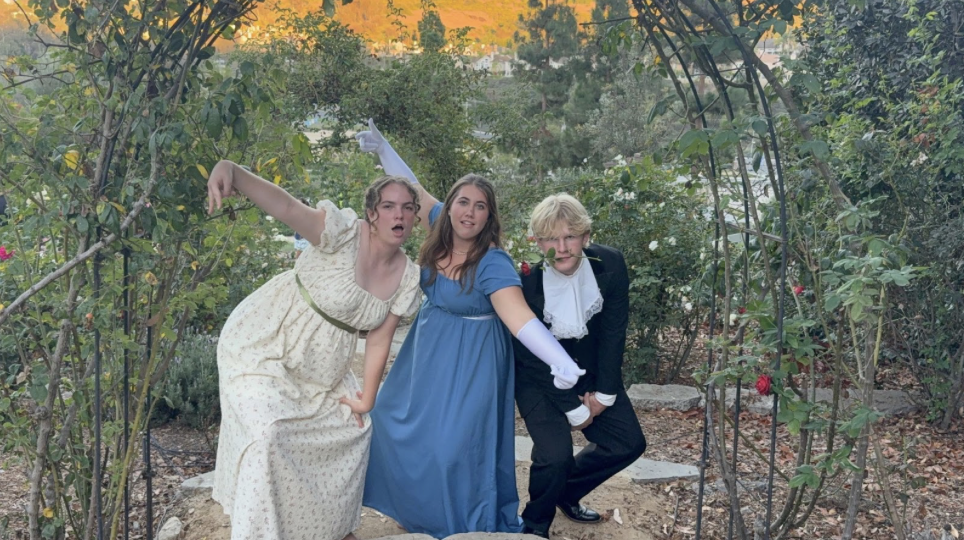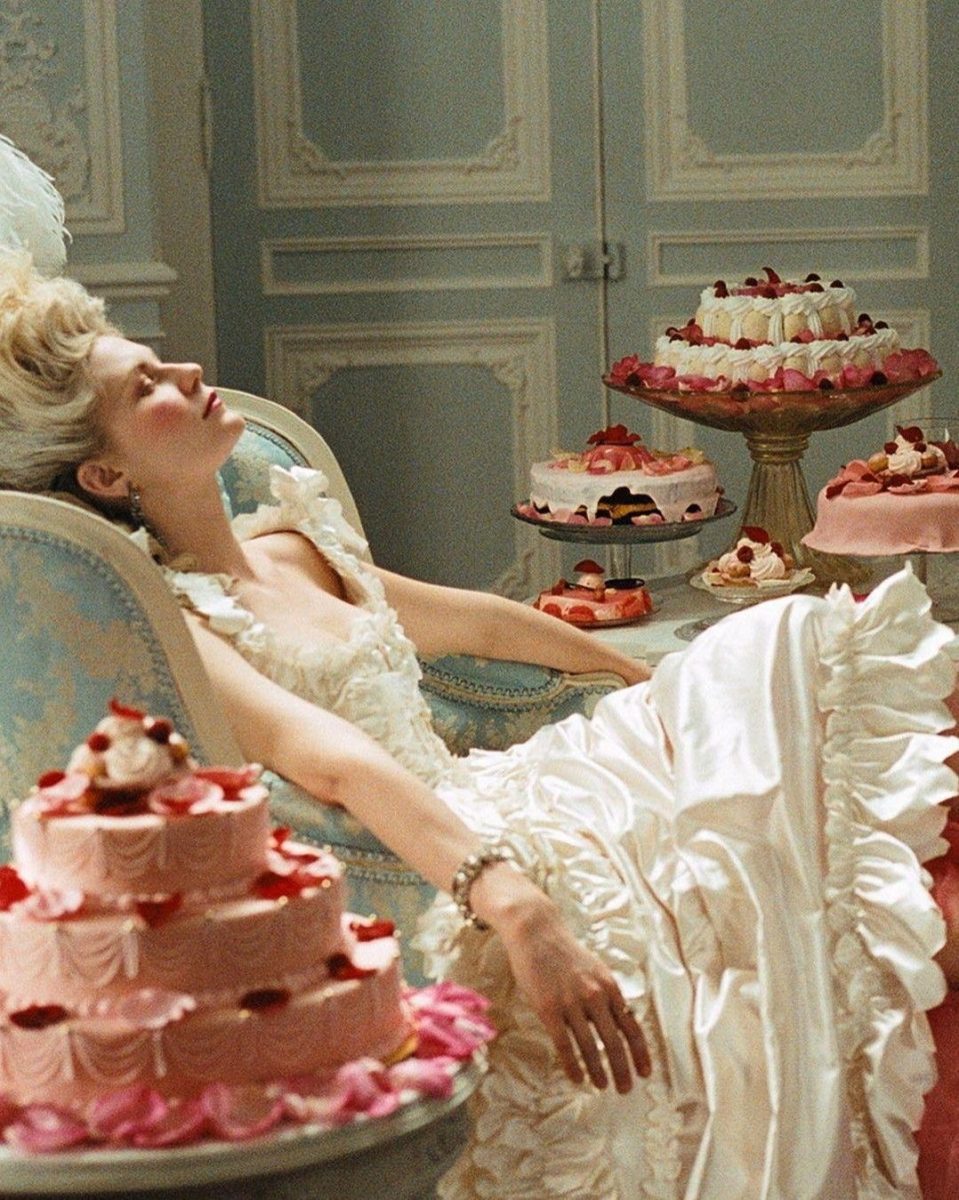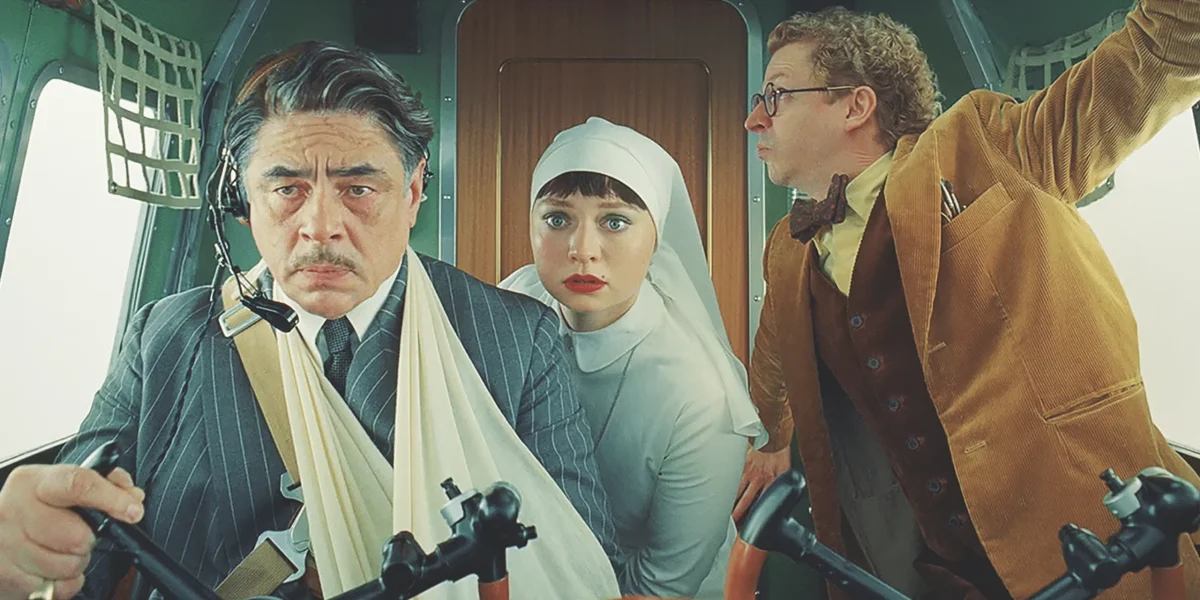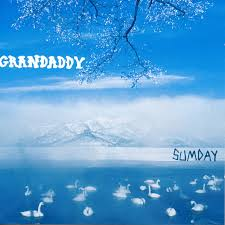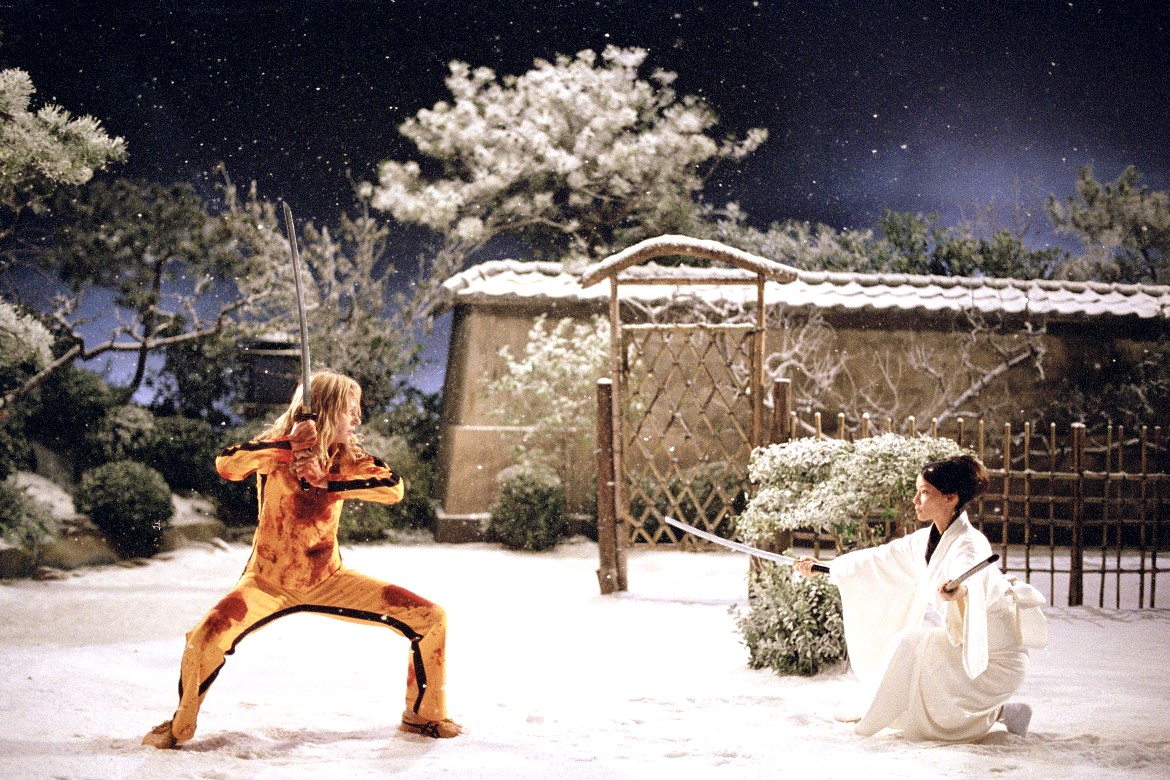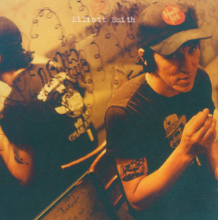
Either/Or is the 1997 third studio album of Elliott Smith, and by popular vote, his magnum opus. I would say that out of all his works, Either/Or most deeply reflects his artistry and depth as a musician. Smith’s music often featured acoustic guitar and whispered vocals, although he was also a pioneer of lo-fi recording techniques, layered harmonies, and intricate guitar arrangements– techniques marking the album of one of his more unique EP’s. The album impressed Gus Van Sant so much he even incorporated some of the popular tracks of the album into his film Good Will Hunting, which led Elliott’s music to have an even more powerful reach. Some of his most popular songs are off the album, including ‘Say Yes,’ ‘Between The Bars,’ ‘Ballad of Big Nothing,’ and ‘Angeles.’ The first song of Elliott’s I ever heard was ‘Say Yes,’ and it continues to be one of my favorite songs (and Either/Or my favorite album) of all time. From the first few notes, I and millions of other Elliott Smith fans are immediately transported and transfixed.
This is the case with every other track on the album as well, starting with ‘Speed Trials.’ ‘Speed Trials’ has a number of interpretations; most of his discography has subjective meaning. To me, the track delves into Smith’s struggles with substance abuse and addiction. Although this interpretation is cliche, and often dismisses his lyricism as cheap drug references, his struggles are somewhat omnipresent in his work, and it would be wrong not to acknowledge the ways in which he addresses it through his art. In ‘Speed Trials,’ Smith talks down to himself, addressing and criticizing the cycle of fleeting happiness he is seemingly stuck in. The song has a very distinct sound: it utilizes an almost grunge-like snare, and is sung in a whisper. Despite the difference in sound from the rest of the album, it feels perfectly in place, and leads seamlessly into the next track, ‘Alameda:’ a criticism of those (possibly including himself) that indulge, hide, and comfort themselves in their sadness, refusing achievable happiness despite the privilege they have to do so.
‘Ballad of Big Nothing’ is a cynical yet liberating ‘ballad’ dedicated to a disenchanted addict. The song leaves the listener with mixed emotions. It’s essentially about irreversible self-destruction, yet it has a contrastingly happy melody and feeling. ‘Between the Bars’ is similar in theme but from the perspective of the addiction itself, and considered by many (including myself) to be a masterclass in songwriting. It’s melodically simple, and refuses any flairs. It’s intimate, memorable, and melancholic, much like all of Elliott’s music. ‘Pictures of Me’ follows: it’s angry, quick– he’s fed up with the images and narratives he and society has confined him to, and angry at those confining themselves. ‘No Name No. 5’ comes as a deep and heavy contrast. To many listeners, it’s quite distinct in sound. He uses chords that aren’t common in the other tracks, it’s much slower, and although some say it lacks the musical dynamics his other music possess, most agree that it is some of his most brilliant lyricism.
‘Rose Parade,’ in my opinion, marks a shift in sound in the album– slightly more lighthearted and even comical at times– depicting the way in which people often hide behind the versions of themselves they parade around (similar thematically to ‘Pictures of Me’) and highlighting the absurdity of the American capitalist society. ‘Punch and Judy’ is a semi-satirical narrative song about, literally, Punch and Judy the puppets, while using them as a metaphor for a toxic relationship between toxic people.
‘Angeles’ is about Smith deciding whether or not to sell-out to the LA music industry. He struggled greatly with this decision, it was a huge risk and change– he went from working with indie record labels in Portland to signing with Dreamwork Records in 1998, the year after ‘Angeles’ came out. ‘Cupid’s Trick’ is devastating. He parallels his relationship with romantic love and drugs– Cupid shooting an arrow and inspiring love, and the last lyric of the song, “shoot me up,” referencing drug use. He criticizes love as being a lie and a cheap-trick. ‘2:45 AM’ is a gorgeous song, lyrically and musically. It’s a stream-of-consciousness narrative of Elliott reflecting on one night he had an argument with his abusive step-father, and walked around in Rose City until 2:00 AM. Although the subject matter is fairly banal, Elliott finds a way of perfectly encapsulating the complex feelings such a situation allows that leaves one spiraling out of frustration all night. ‘Say Yes’ is the perfect final track to what is, in my opinion, a perfect album. It’s one of the rare love songs in his discography, yet one of the most beautifully moving ones to come out of this century. It’s a wish, a hope for hope after a break-up. ‘Say Yes’ provides an optimistic possibility of joy to be had– a poetic conclusion to such an emotionally turbulent album.
Either/Or taps into deeply personal yet universally experienced narratives and emotions. Elliott Smith truly was a beautiful artist, and an even more beautiful soul. He had a rare ability to pour so much passion into his art, and it continues to connect, reach, and resonate with people all over the world.

